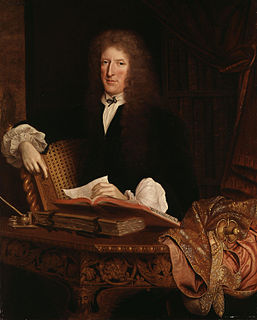Top 58 Quotes & Sayings by Roger L'Estrange
Explore popular quotes and sayings by an English author Roger L'Estrange.
Last updated on April 18, 2025.
Some people are all quality; you would think they are made up of nothing but title and genealogy. The stamp of dignity defaces in them the very character of humanity and transports them to such a degree of haughtiness that they reckon it below themselves to exercise either good nature or good manners.



















